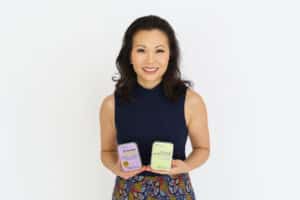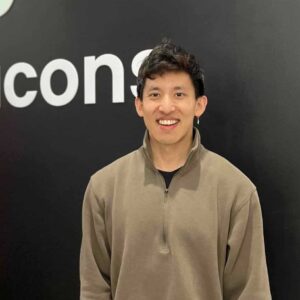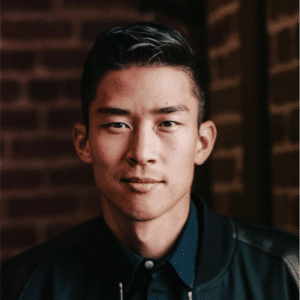Earlier this month, Min Jin Lee, author of “Free Food for Millionaires” and “Pachinko”, conducted an informal poll on social media earlier this month to ask Asians and Asian Americans how they had changed their everyday lives in response to the recent surge in anti-Asian attacks.
Hundreds of young and old men and women took part and explained the extra precautions they’ve taken to be physically safe.
Some of them prefer to stay at home rather than going out, and when they do go out, they only choose the safest routes, armed with pepper spray or personal safety alarms. Some people feel so threatened that they are on the verge of locking themselves up.
Lee knows that this has been happening for as long as she can remember.
In 1977, a year after she and her family arrived in New York from Seoul, her parents ran a tiny wholesale jewelry store in Manhattan’s Koreatown.
Thieves broke into their shop in different bizarre ways on several occasions and unfortunately the culprits were never found by the police. Insurance never paid the claims and their landlord said the break-ins were not their responsibility. In an attempt to make armed robbery less appealing, Lee’s family ceased selling gold and switched to lesser metals.
Lee and her sisters attended P.S. 102 in Brooklyn. She couldn’t understand why she was bullied despite the fact that she never sought their attention. When a bigger girl tried to fight Lee, her elder sister had to step in.
A huge man once followed her mother on the train and assaulted her when she arrived at her Grand Avenue stop. Some people rushed down the stairs, and she dodged him by running away. Lee’s father bought a car as soon as they could afford it and began driving to work.
Her older sister’s wallet was snatched from her jacket by a bunch of youngsters on a crowded E train one day in the 1980s. They laughed at her and dubbed her a “Chink.” No one in the crowd helped her.
Men had sexually assaulted Lee as she was growing up and in schools, but she had never told anyone. She discovered in college that it was easier to stand with others to dissent and protest the terrible things of the world. She didn’t know if standing at rape awareness rallies made a difference, but she was beginning to realize that she wasn’t the only one who cared.
Even as a young corporate lawyer, clients, and coworkers inappropriately touched her and told her about their Asian girlfriends or wives, as if she’d be interested in knowing that they had slept with women of her ethnicity.
In 1995, Lee quit being a lawyer to pursue her passion for writing. For a long time, she worked at home and later started to give public talks and teach at a college. Today, Lee is middle-aged now, much tougher, and continues to watch over her family.
“At 53, I am no longer an immigrant girl. Like her, though, I still keep vigil for my elderly parents, sisters, husband, son, and our growing family. I cannot imagine a world without them. I want to feel safe. We want it for everyone.” Lee said in the New York Times opinion section.”
Since the arrival of Asians in the United States, they have faced hatred and rejection, often sanctioned by state and federal legislation, but the unfortunate part is that so little has changed.
Currently, the number of attacks against Asians and Asian Americans in the United States has spiked due to the Covid pandemic and demagogy.
Ordinary nativists and the disenfranchised target Asian-looking people and they may feel that the Asian community is physically and politically weak, incapable of organizing, reacting, or speaking up.
Lee presented an interesting point that adaptability is beneficial and that people can work to change what needs to be changed while working around what we can’t, however, that idea isn’t fair and reasonable to those who want all the solutions from the victims of injury. She urges that all of us as a society come forth with local, state, national solutions.
Many people in this world are despised and rejected for their immutable characteristics and so those people change many aspects of their lives in order to be accepted, with this Lee asks, “Should we want to change who we are meant to be?”
Lee adds “Over the years, in its general expression, my face has changed very little. Behind my small eyes, there comes a light, which I use to see you, and in its flicker, I hold the hope that you will see me, too.”


